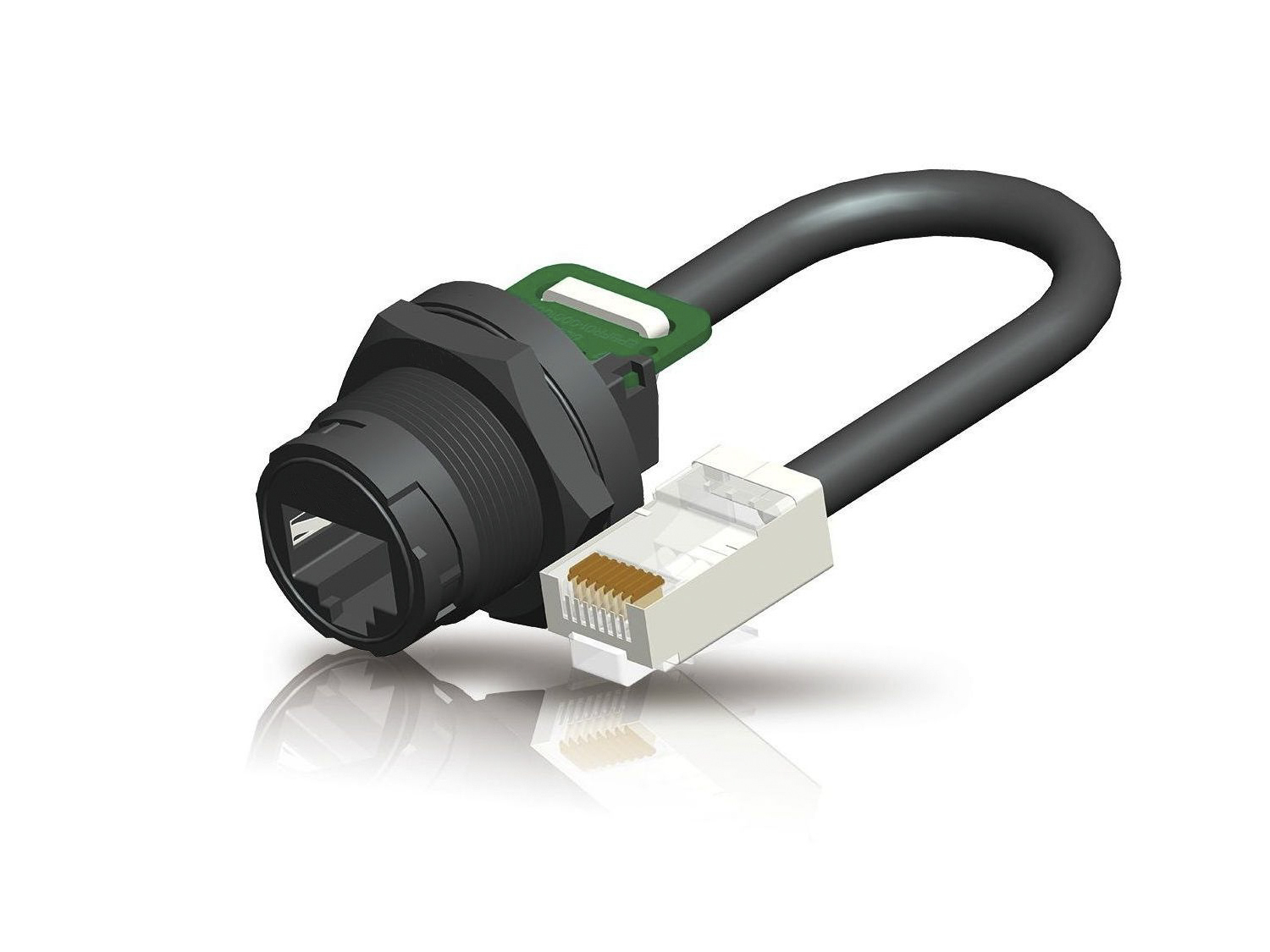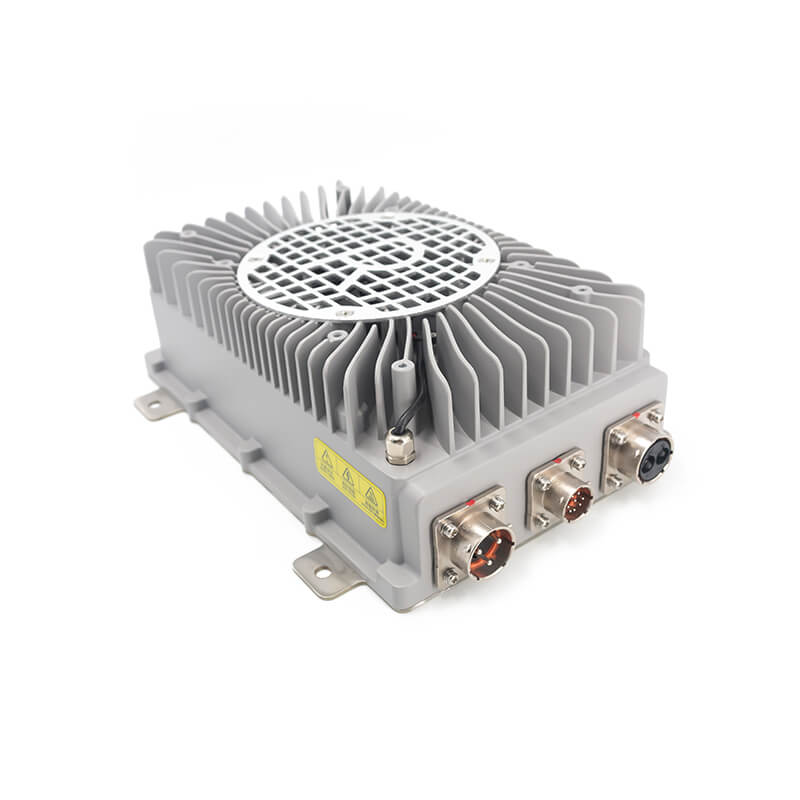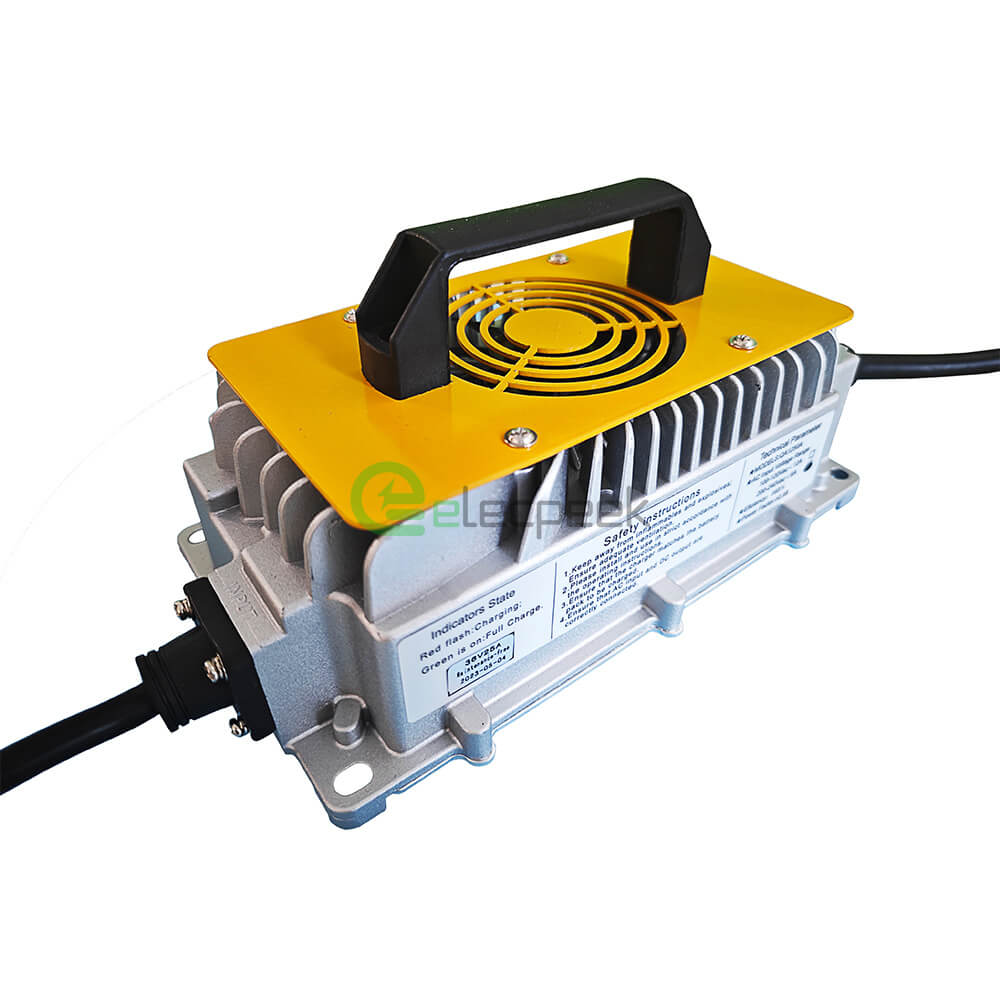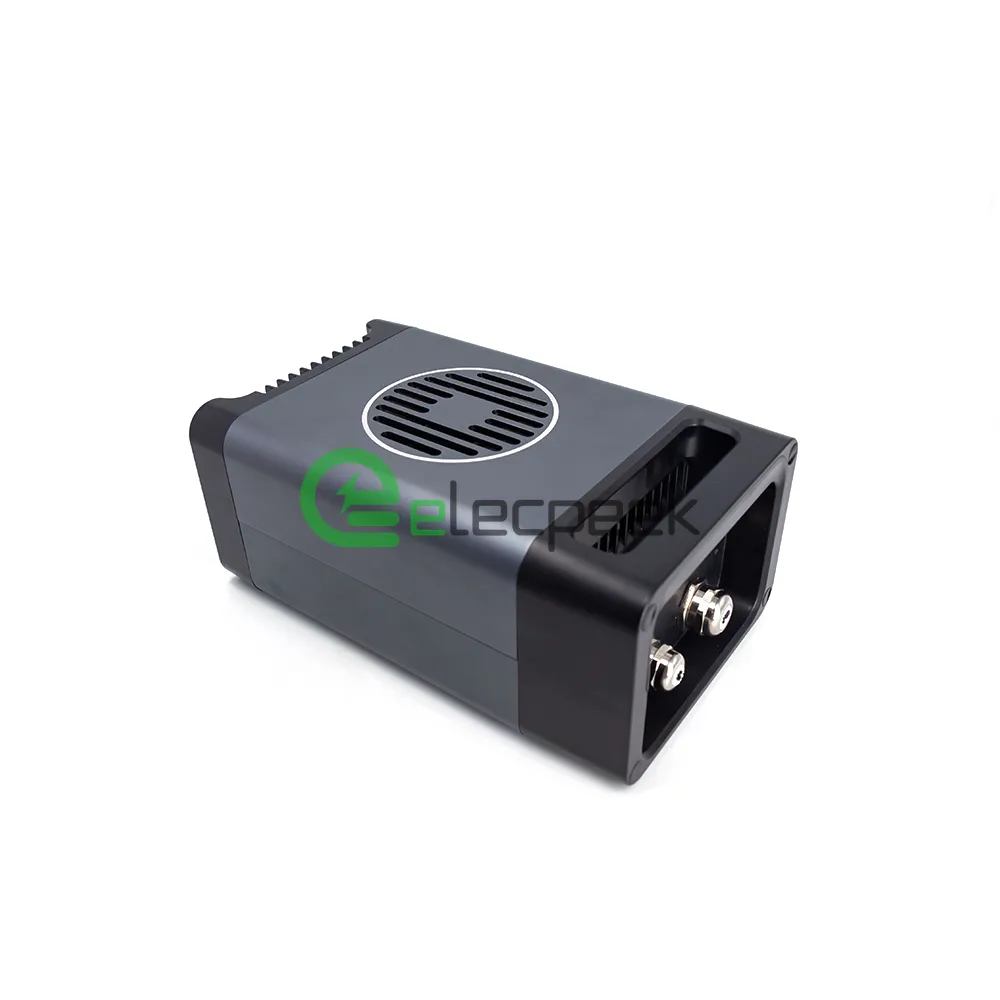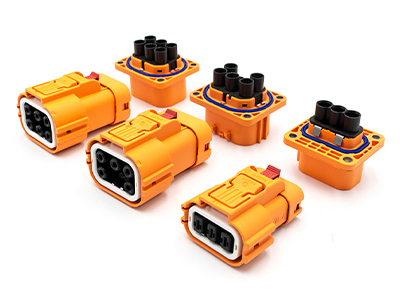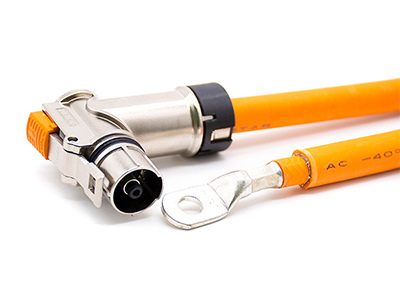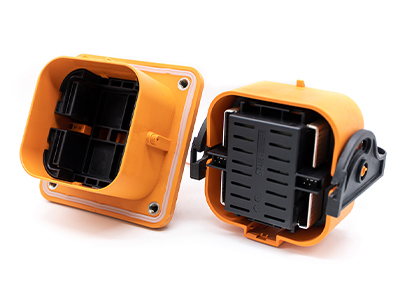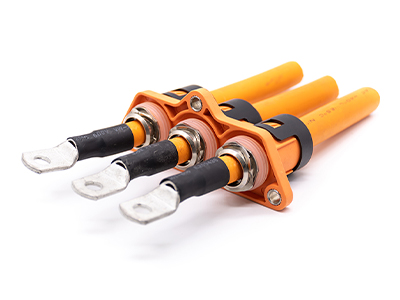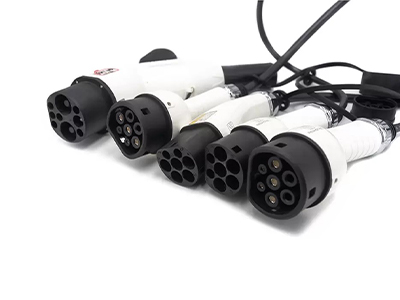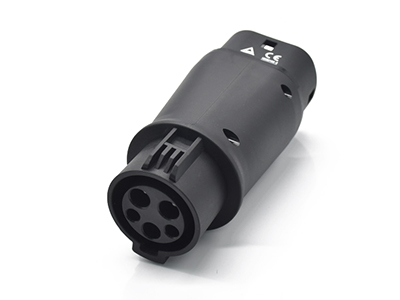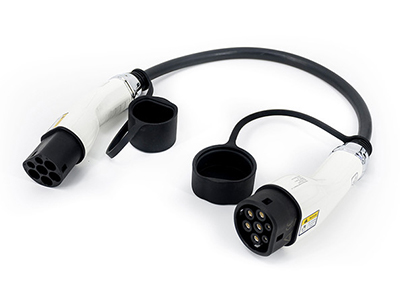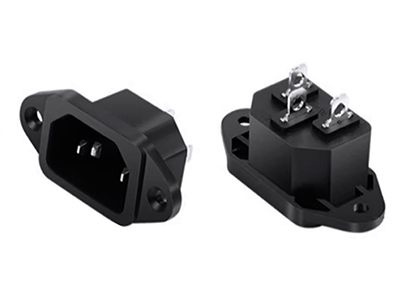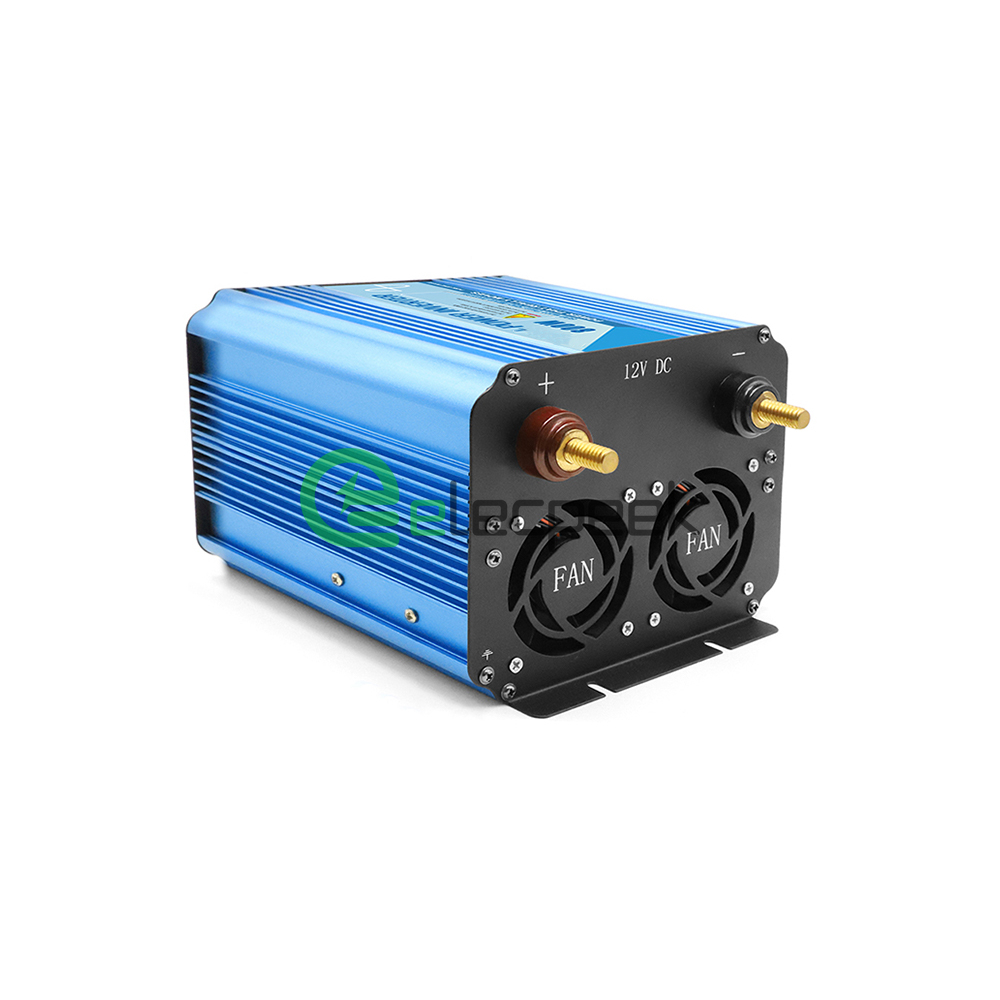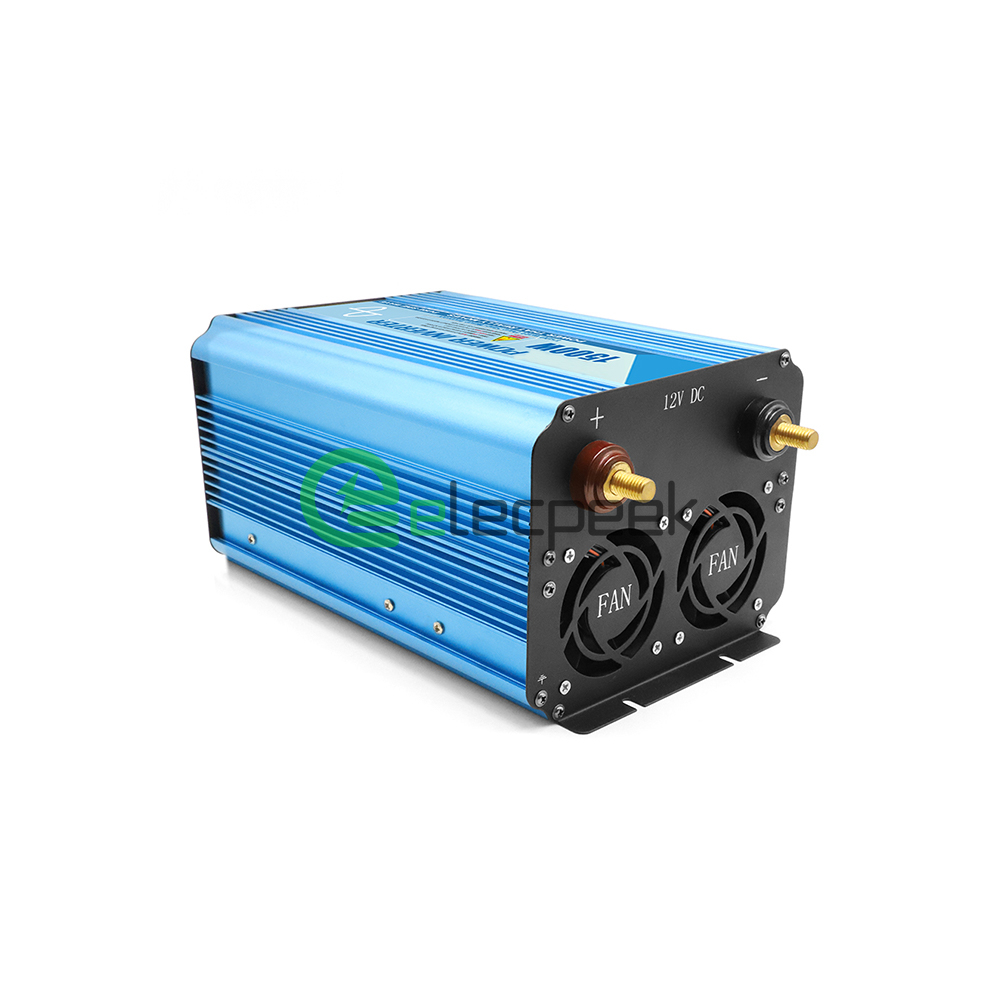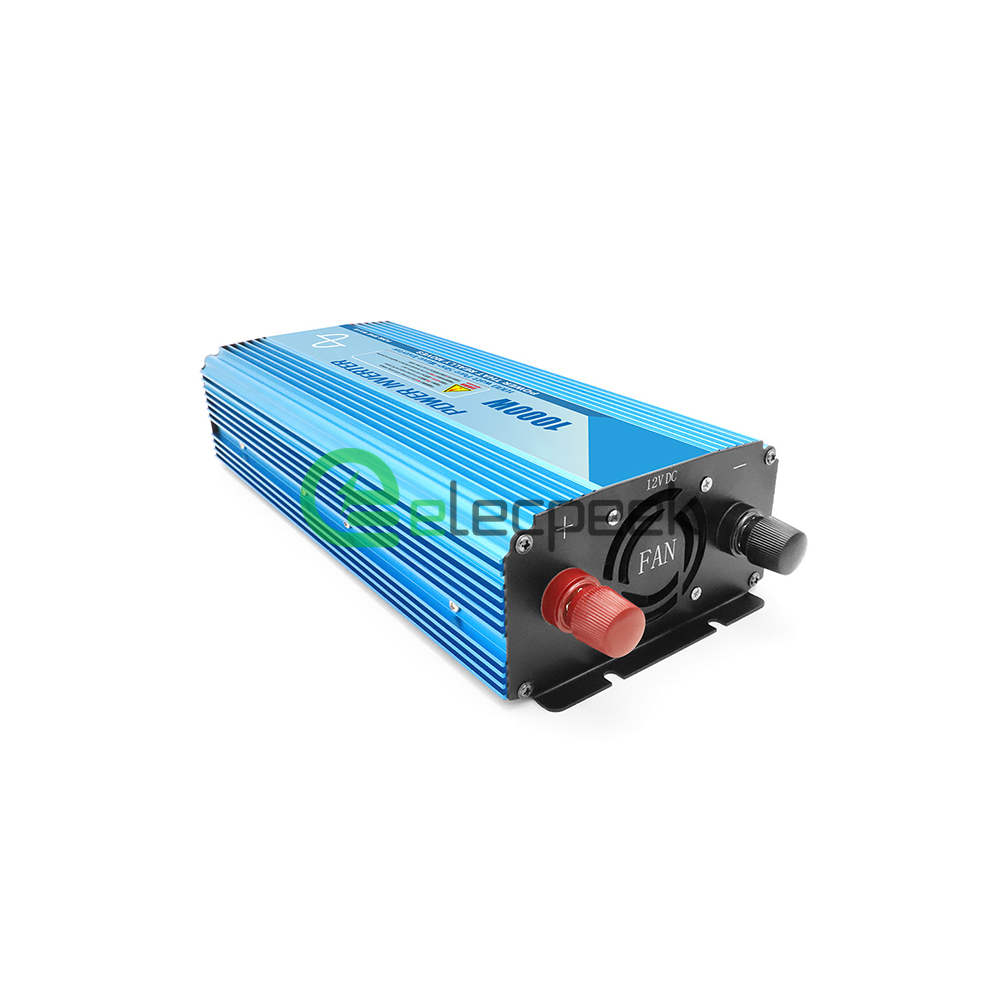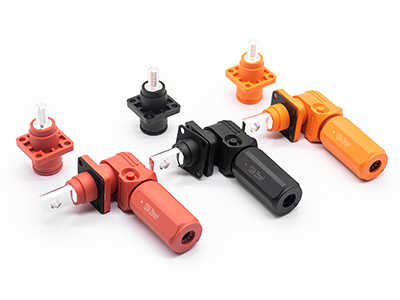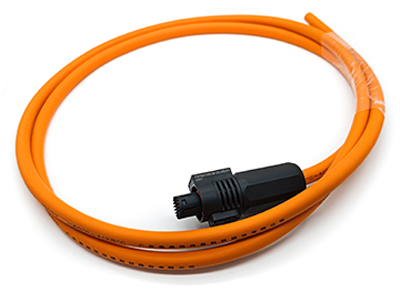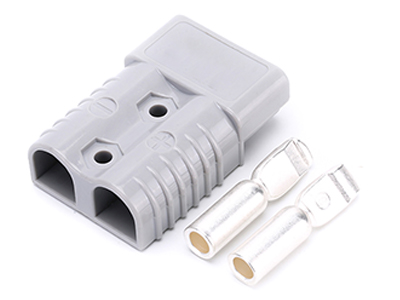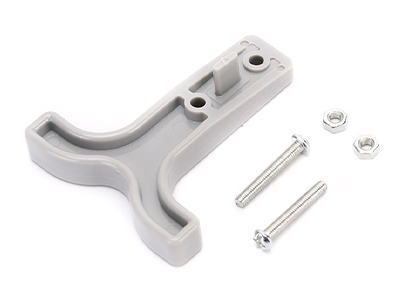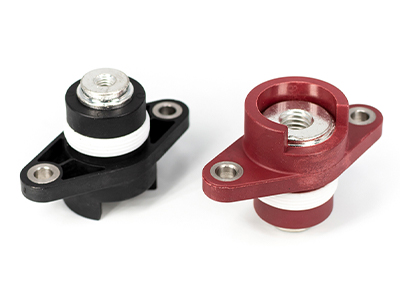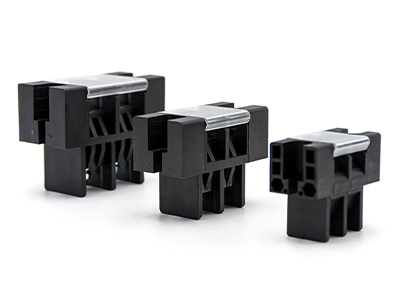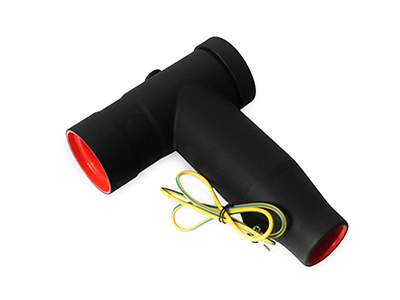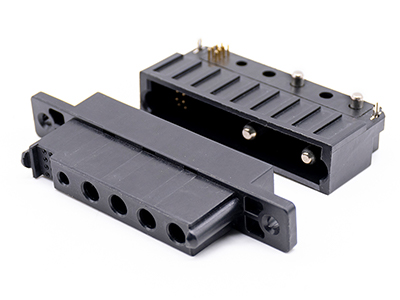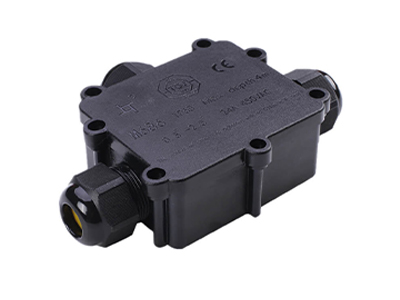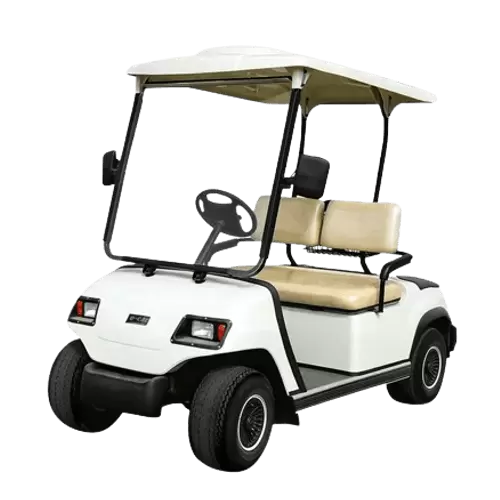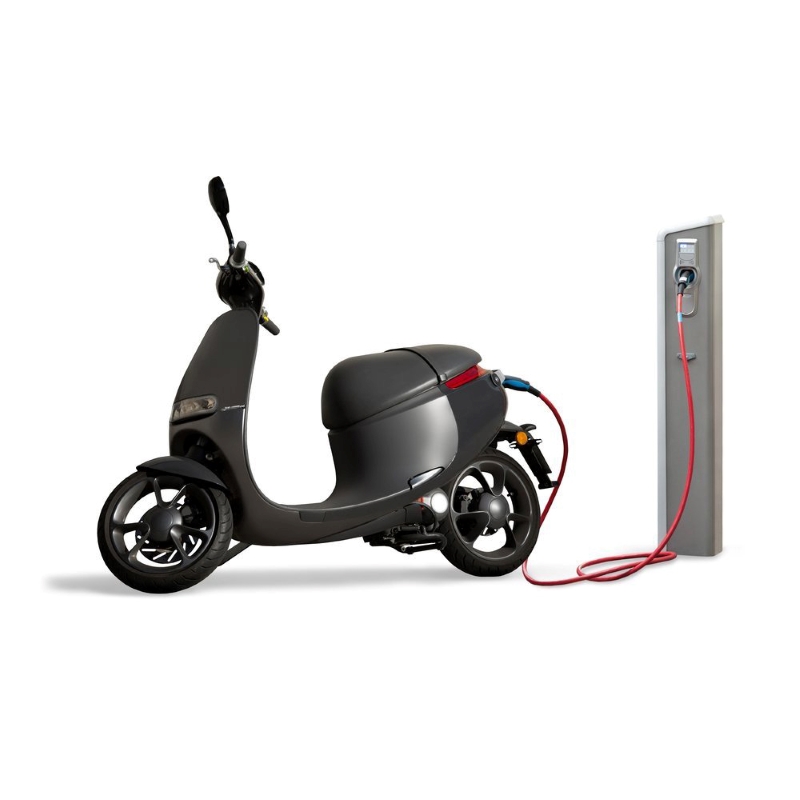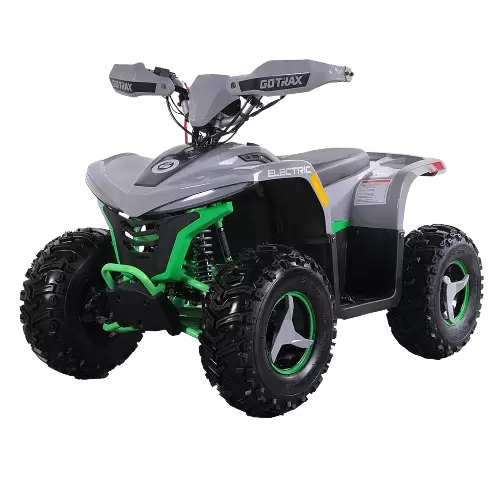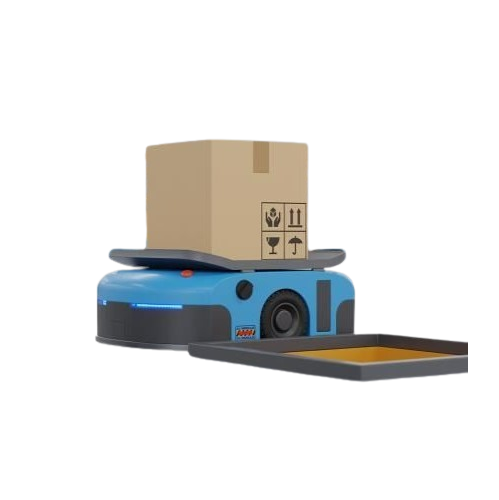FAQ
Are all EVs compatible with the SAE J1772 plug?
In a nutshell: NO, the majority of electric vehicles (EVs) are compatible with the SAE J1772 plug, but exceptions do exist.
Unpacking this in more detail, the SAE J1772 plug is standard for electric vehicle conductive charge couplers introduced by the Society of Automotive Engineers (SAE). This standard serves as a blueprint for the electrical and physical characteristics of the EV supply equipment (EVSE) and the vehicle conductive charging system (1).
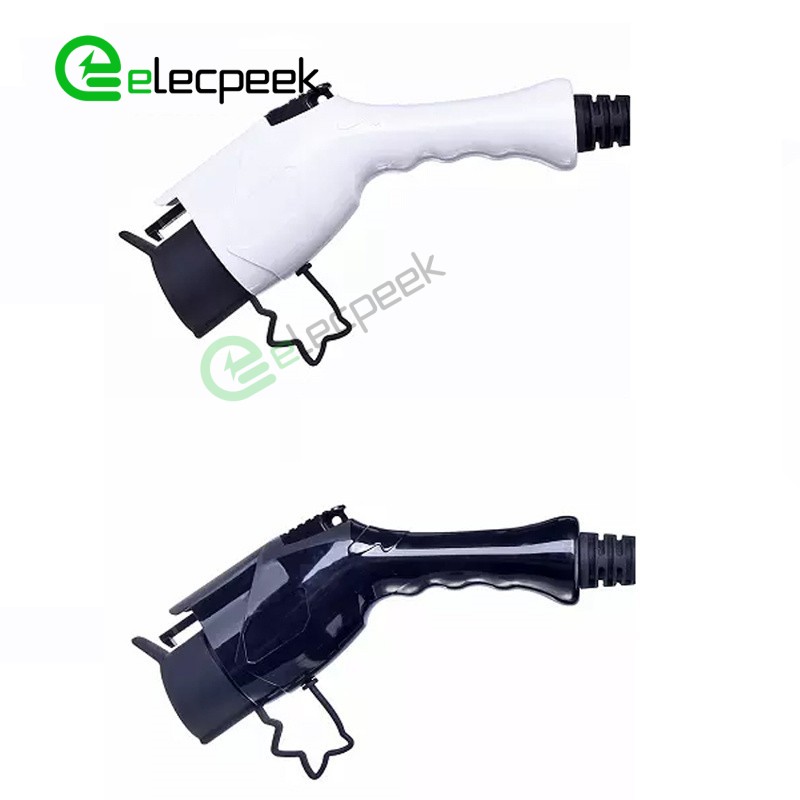
Primarily, this connector is designed to work with Level 1 (120V AC) and Level 2 (240V AC) charging stations, providing flexible compatibility with a wide range of electric vehicles. Most North American and many European and Asian manufacturers design their EVs to be compatible with the J1772 standard, recognizing its widespread adoption and the convenience it provides to EV users (2).
However, there are exceptions. For instance, Tesla uses its proprietary Supercharger network and connector for fast DC charging. Nonetheless, Tesla provides a J1772 adapter with every vehicle, enabling Tesla owners to charge at non-Tesla Level 1 and Level 2 charging stations (3).
On a similar note, some fast DC charging stations (Level 3), such as those using the CHAdeMO or CCS (Combined Charging System) standard, do not use the J1772 connector. These stations provide much faster charging but require specific connectors that are different from J1772 (4).
In conclusion, while most electric vehicles can utilize the SAE J1772 plug for Level 1 and Level 2 charging, it’s prudent to check the specifics of your vehicle and the charging stations you plan to use. Certain exceptions do apply, particularly when it comes to fast DC charging.
References:
- SAE International: SAE J1772
- Energy.gov: Electric Vehicle Charging at Home
- Tesla: Charging and Adapter Options
- Plug-In America: Charging Stations and Networks


